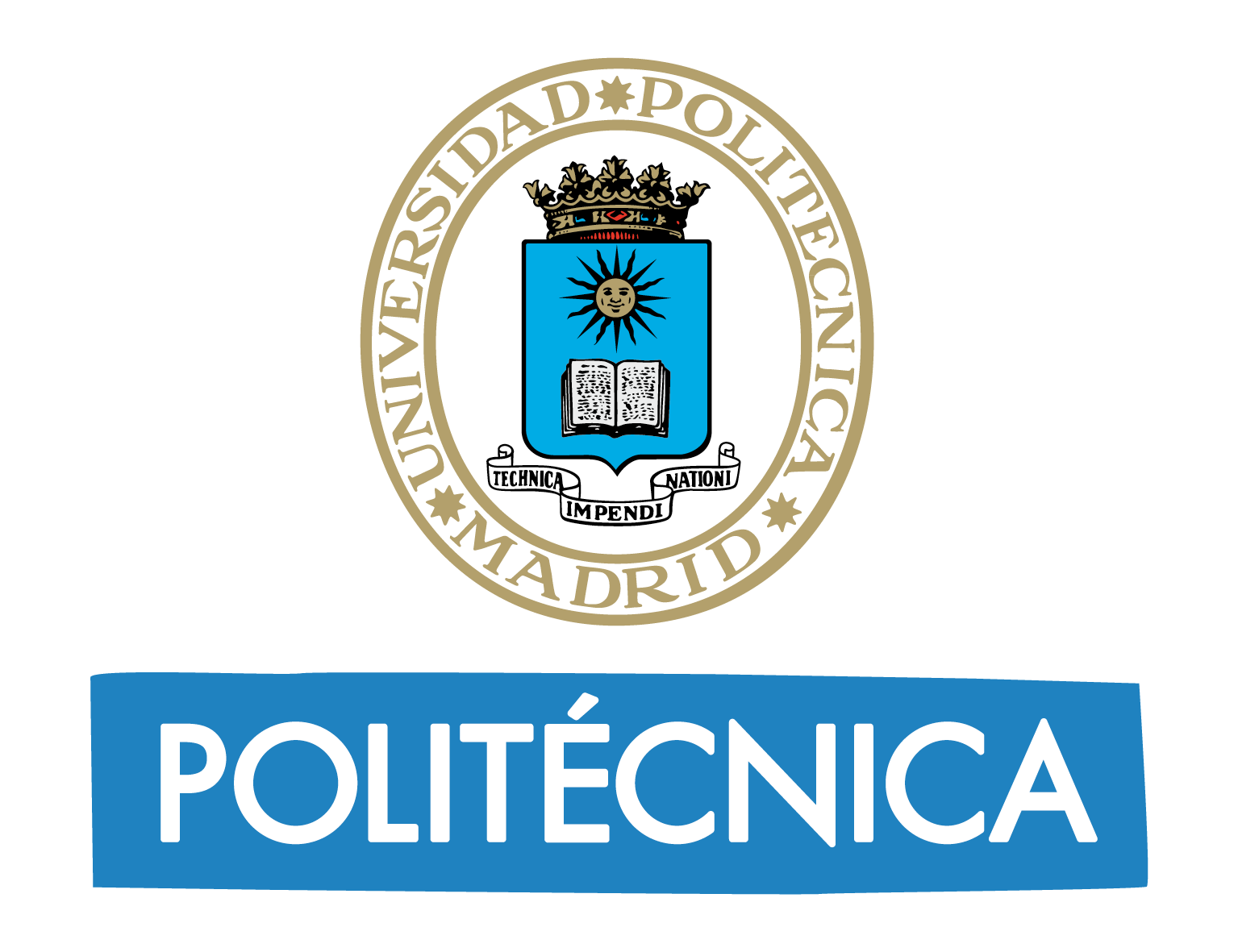Artificial intelligence revolutionizes space research
Researchers from the Universidad Politécnica de Madrid participate in an international collaboration aimed to tackle how artificial intelligence allows exploring new frontiers in space.
4.12.2024
A team of researchers from AIDA, a multidisciplinary research group at Universidad Politécnica de Madrid (UPM) led by Víctor Rodríguez, has tackled traditional problems in the space sector, overcoming the limitations of previous models thanks to the use of artificial intelligence (AI). In this international collaboration with interdisciplinary groups from the Astrodynamics, Space Robotics and Controls Lab (ARCLab) at Massachusetts Institute of Technology (MIT) -with Professor Richard Linares- and the Aerospace Center of Excellence of the University of Strathclyde (US) -with Professor Massimiliano Vasile- UPM researchers are driving the evolution of space with advances that range from the discovery of unprecedented orbits to the prediction of solar storms and control of autonomous spacecrafts.
Source: UPM (generated with IA)
New periodic orbits
One of the most outstanding advances of this collaborative work is “generative astrodynamics”, where AI-based generative models have been used to discover new regular orbits in the Earth-Moon system. Through a generative model of variational autoencoder type trained with NASA data, the team has classified different families of orbits without prior information and generated unprecedented paths that -applied on a large scale- can revolutionize the design of space missions and theoretical understanding of celestial dynamics technology.
Improvements in space weather predictions
At the same time, space weather prediction has taken a leap with the application of architectures based on transformers, which has become very popular as it is behind language models such as ChatGPT. This approach has made possible to predict more accurately the impact of extreme solar events on the Earth´s atmosphere and satellites. Unlike traditional statistical methods, the transformers identify complex temporal patterns and non-linear relationships in data, improving the ability to prevent uncontrolled satellite crashes as well as developing contingency plans for communications and electronic failures during periods of high solar activity.
Synthetic orbits generated by IA models. Source: UPM
Finally, the AIDA group has made an innovative contribution to the autonomous control of spacecrafts using language models such as LLaMA and ChatGPT. Through fine-tuning techniques and the design of specific prompts, they have surpassed traditional methods based on reinforcement learning (RL) offering an efficient alternative in data consumption that also facilitates the transfer of knowledge. This approach made them earn a second prize in the MIT Lincoln Lab KSPDG and marks the beginning of the use of language models in Guidance, Navigation and Control (GNC) in space, opening new possibilities for spacecraft automation in future missions.
Source: Freepik
In conclusion, these advances -result of the collaboration of the UPM team with MIT and the University of Strathclyde- not only optimize space operations and improve the accuracy of predictions, but also open new avenues for discovery and research technological innovation. In opinion of Professor Víctor Rodríguez: “the integration of AI in space research promises a safer and more efficient exploration of space, benefiting various industries and promoting technological development at a global level. As AI continues to evolve, its application in the space sector will transform our understanding of the universe and boost our capabilities to explore beyond Earth.”
Source: Pixabay
These teams have recently presented their work at ESA SPAICE Conference 2024, a conference focused on the application of AI to Space.
The generative astrodynamics work is part of the project “OrbitGPT” -Generative Astrodynamics”, European Space Agency Activities Portal, TEC-SF, Feb. 2024 – Feb. 2025.Contract number 4000143521, coordinated by Professor Massimiliano Vasile from University of Strathclyde.
Proceedings of SPAICE2024: the First Joint European Space Agency / IAA Conference on AI in and for Space https://zenodo.org/records/13889941


